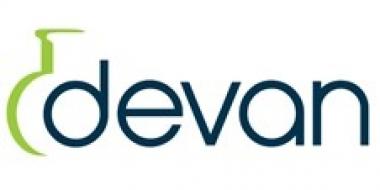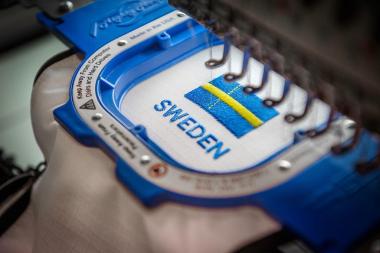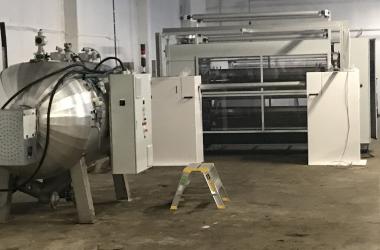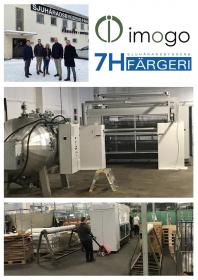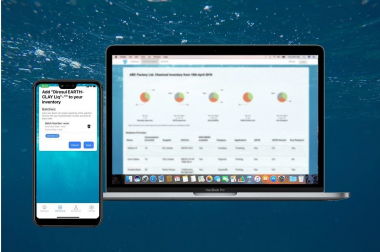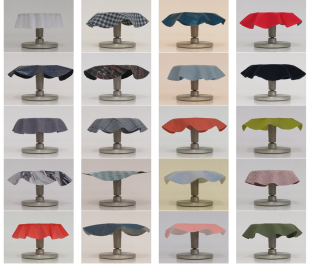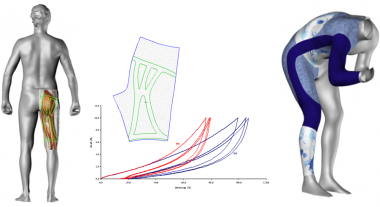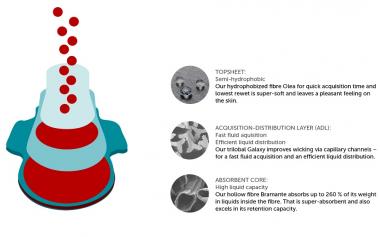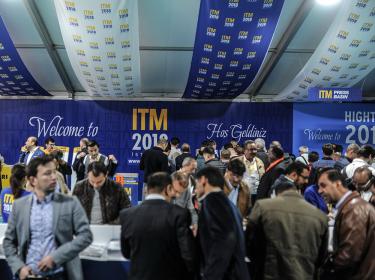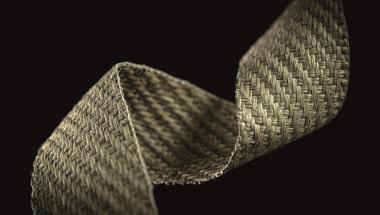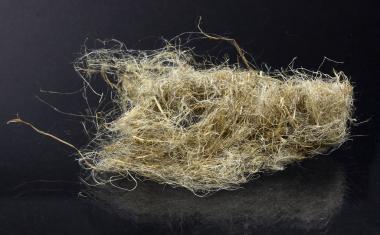NCTO: Importance of the U.S. Textile Industry to Lifesaving PPE & the Economy
National Council of Textiles Organization (NCTO) member Parkdale Mills hosted Senator Tim Kaine (D-VA) at the company’s Magnolia Manufacturing plant in Hillsville, Va. today to showcase the critical role the company and the industry has played in producing lifesaving personal protective equipment (PPE) to aid frontline health-care workers and the country during the pandemic.
Parkdale’s facility in Hillsville, Va. is a key yarn spinning hub contributing to a major face mask initiative bringing together several U.S. companies and more than 5,000 workers as part of the Biden administration’s pledge to provide 25 million reusable face masks to communities hit hard by the pandemic.
“Parkdale Mills thanks Senator Kaine for his leadership on policies that help bolster our company and the entire textile industry. We are proud to be part of an initiative that is bringing together American companies to produce 100% American-made masks for community health centers, soup kitchens and food banks across the country,” said Davis Warlick of Parkdale Mills. “With the support of our government and leaders like Senator Kaine, our industry is demonstrating its ability and capacity to make critical items here for the long term.”
Kim Glas, President and CEO of NCTO said: “We want to sincerely thank Senator Kaine for his leadership in supporting American manufacturers, which have played a vital role in our economy as well as the nationwide effort to produce critical PPE and medical textiles for a nation in crisis. We are grateful to the senator and the Biden administration for prioritizing domestic manufacturers and the U.S. workforce. The U.S. textile industry is a vital contributor to the U.S economy and policies that Senator Kaine supports help bolster the onshoring of PPE and critical items, which in turn spurs employment and investment in the American manufacturing base.”
NCTO National Council of Textile Organization face masks personal protective equipment Covid-19
NCTO





